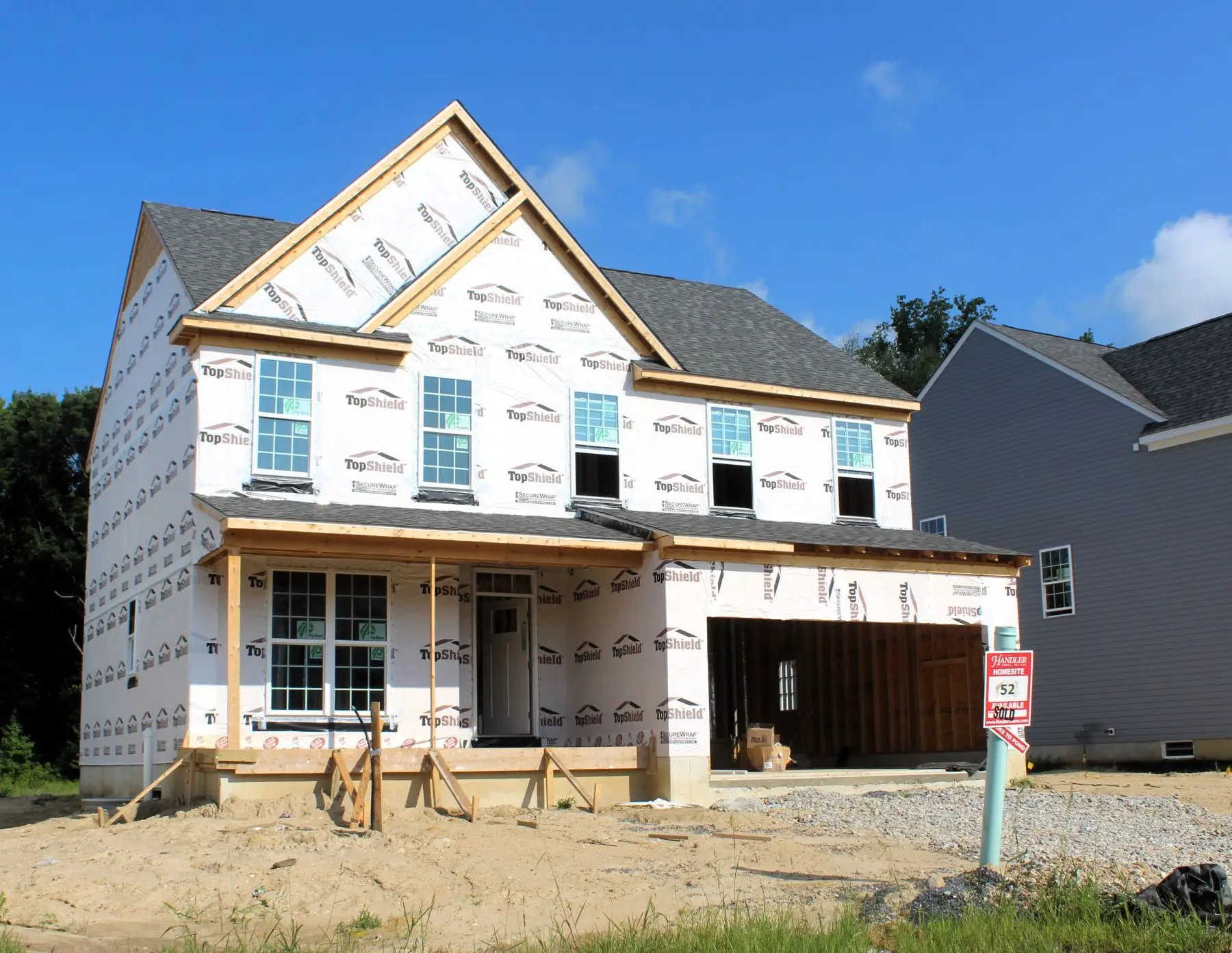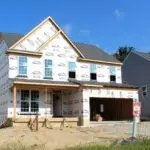-
 play_arrow
play_arrow
Radio Rehoboth
Construction industry encouraged by Meyer’s housing executive order


DOVER — Delaware’s construction industry stakeholders are optimistic when it comes to Gov. Matt Meyer’s executive order seeking ways to expedite the permitting and building process for affordable housing, but there are many hurdles to clear.
The executive order, the fourth Meyer signed in his first two weeks in office, establishes a working group to develop a plan on how the state and local government can create a “one-stop shop” for the necessary permits and licenses needed to build homes. The goal is to create a predictable process that developers can navigate with relative ease to bring more housing units onto the market in a quicker time frame.
“Housing is a human right, and no Delawarean should be left out in the cold,” Meyer said in a press statement. “With this executive order, we take the first step in overhauling and streamlining our permitting and homebuilding process, bringing folks across the state together to collaborate and provide solutions on how we can get people in quality homes they can afford as soon as possible.”
As Delaware continues to see more single family homes built at an estimated average of $386,666, advocates and builders alike have been struggling to find the best way to address the affordable housing crisis. While on the campaign trail, Meyer had said he was supportive of finding ways to streamline certain land use permits while not cutting regulatory corners.
Michael Riemann, the president of the Home Builders Association of Delaware (HBADE), called the new executive order a positive step in the right direction to bring down home construction costs.
“The time it takes to get through the approval and permitting process results in additional costs which ultimately increase the final price of a home,” Riemann told the Delaware Business Times. “A streamlined permitting process does not need to sacrifice regulatory requirements. This is a positive first step and we look forward to working with the governor to bring down the cost of housing.”
He added that he believes a “one-stop” shop could be possible as many states have achieved the same. The biggest challenge, however, would be synchronizing processes across multiple state and local jurisdictions in a way that creates synergies and speeds up the time to market.”
The state has a monthly meeting of the Preliminary Land Use Service (PLUS), where representatives of agencies involved in new development processes for subdivisions and new builds weigh in on project proposals early on. But some critics maintain that the PLUS analysis can be one-size fits all and not a close look of the unique needs of each project.
Another large part of the issue is how difficult it can be to build homes at an affordable rate considering the numerous regulations on the books. Leon N. Weiner & Associates (LNWA) Principal Kevin Kelly said that the New Castle County code has made it so onerous, it took his firm about 15 years to build Emblem Apartments at Christiana which offers high-end apartments outside the Christiana Mall.
“Before I even moved dirt, we paid around $2 million in fees. And that land was zoned multi-family,” he said. “We were planning for market rate apartments, but it no longer worked because we got caught in a change in the county code and I had to recover that cost.”
Jennifer Cohan, the president of Associated Builders and Contractors (ABC) of Delaware, said that her membership would overall agree with that scope of study. But she also hoped that it would also consider the voices of both union and non-union shops.
In 2023, Delaware had implemented a community workforce agreement pilot on six specific projects to use unionized labor. But many small firms decried the move as it would shut them out as well as Black and Hispanic construction workers. The ABC Delaware, the largest construction association in the state with more than 500 members, promotes a merit shop philosophy.
“We also want to ensure that these efforts remain inclusive of all contractors, both union and non-union, and that the policies developed under this order encourage open competition, fair bidding processes, and a balanced regulatory environment,” Cohan said.
ABC Delaware also hoped that the work group would discuss the ongoing labor shortage, possible incentives for infrastructure costs as well as standardization in fees across the state.
Cohan, the former secretary of the Department of Transportation, also believed that a one-stop shop for permits and approvals is promising, but how effective it would be would depend on the execution.
“The challenge lies in ensuring that agencies work together efficiently, embrace digital solutions, and maintain accountability. Other states have successfully implemented similar models by integrating technology, setting clear benchmarks, and ensuring that agencies have the resources necessary to provide timely approvals,” she said.
The executive order mandates that a report should be complete by the group by April 25. That report should identify any regulations specific to housing and rules that could be rescinded, as well as guidance of how to coordinate across agencies but without losing transparency.
Go to Source:https://delawarebusinesstimes.com/news/construction-housing-executive-order/
Author: Katie Tabeling
Written by: Katie Tabeling
Similar posts
Chart
Top popular

News Briefs 10/17/23
Board of Commissioners Workshop & Special Meeting – November 6

Six Sussex road projects considered in latest CTP
NFL Week 17 highlights: Packers, 49ers, Saints, Steelers win, Cardinals stun Eagles
Knicks vs. Cavaliers prediction, odds, line, spread, time: 2023 NBA picks, Nov. 1 best bets from proven model
Copyright 2023 East Sussex Public Broadcasting, Inc.





